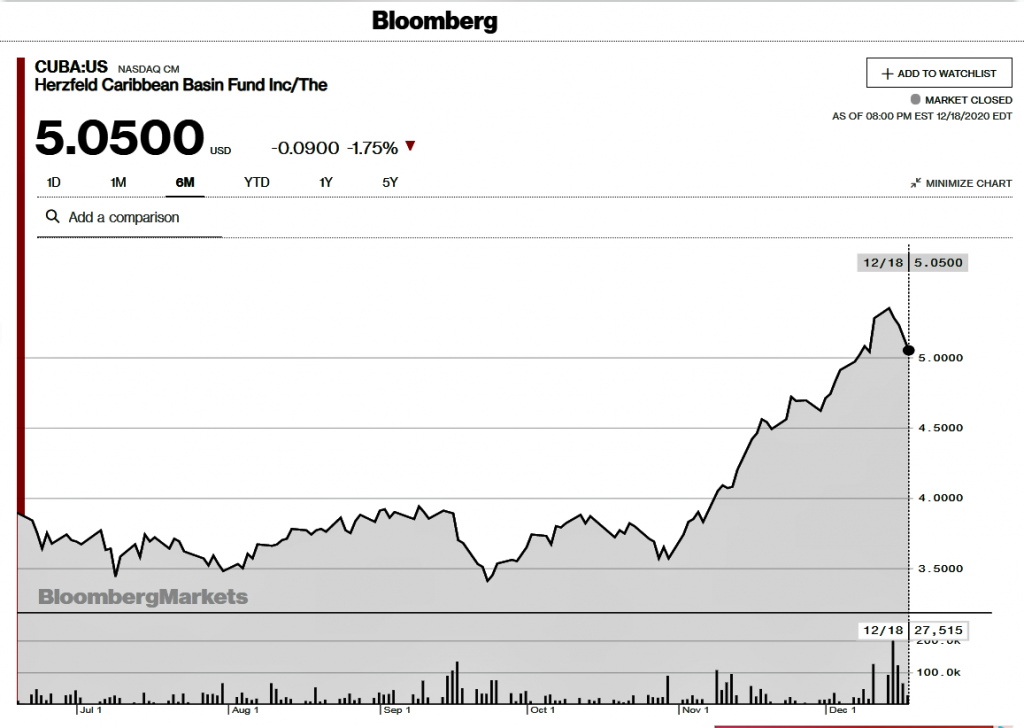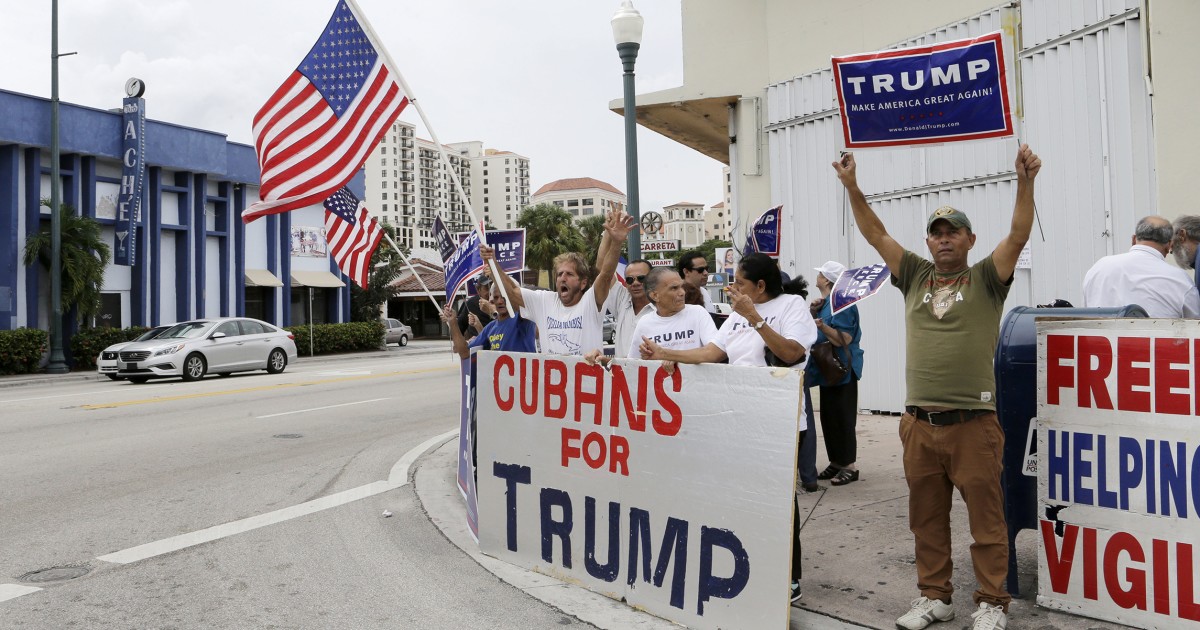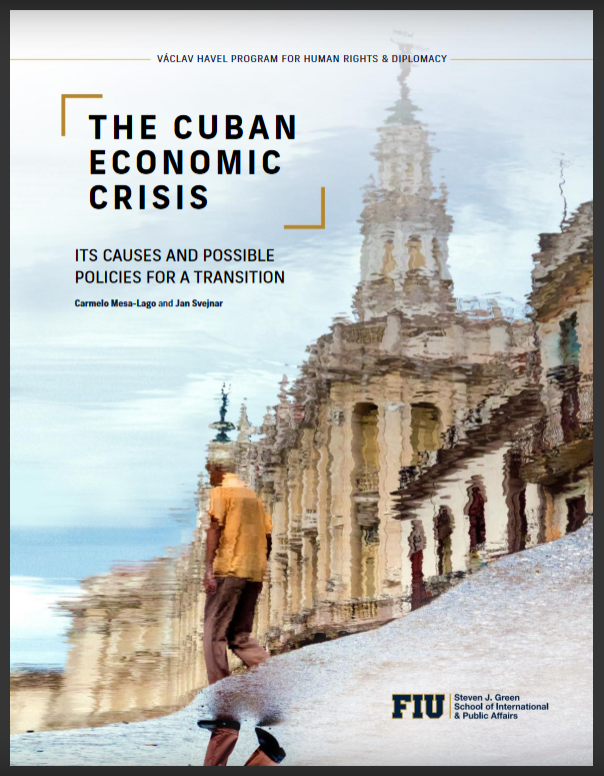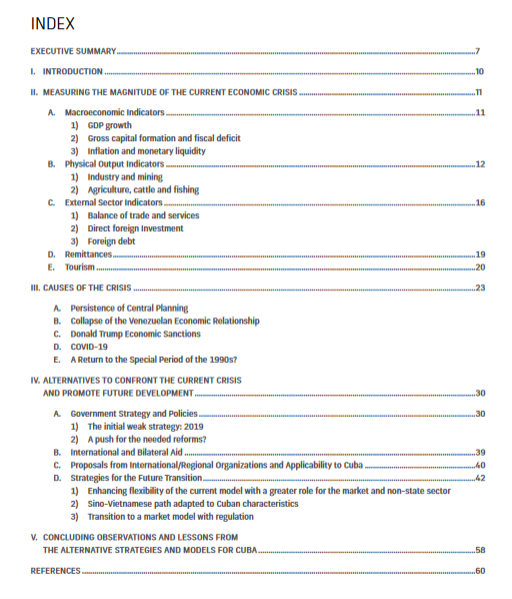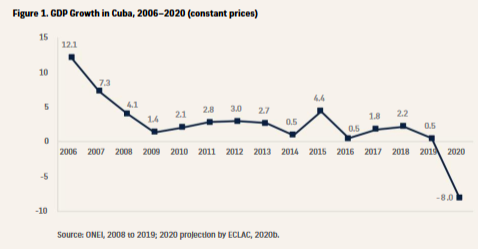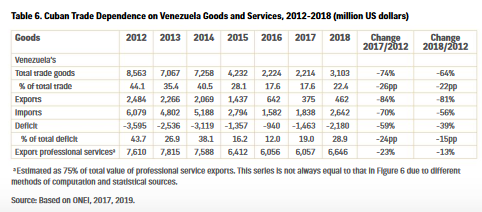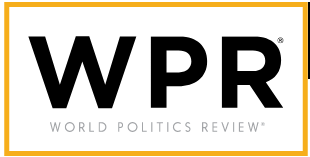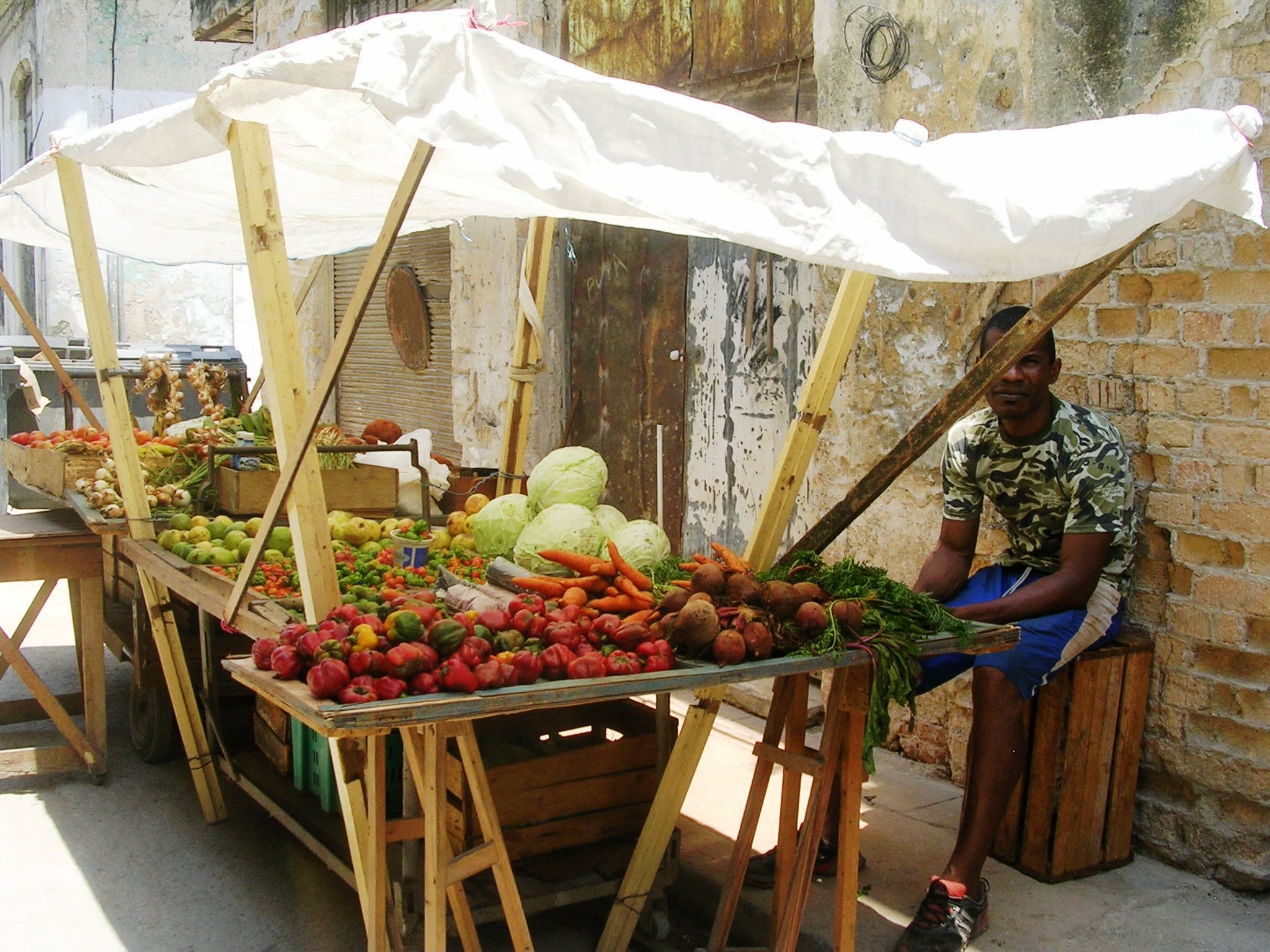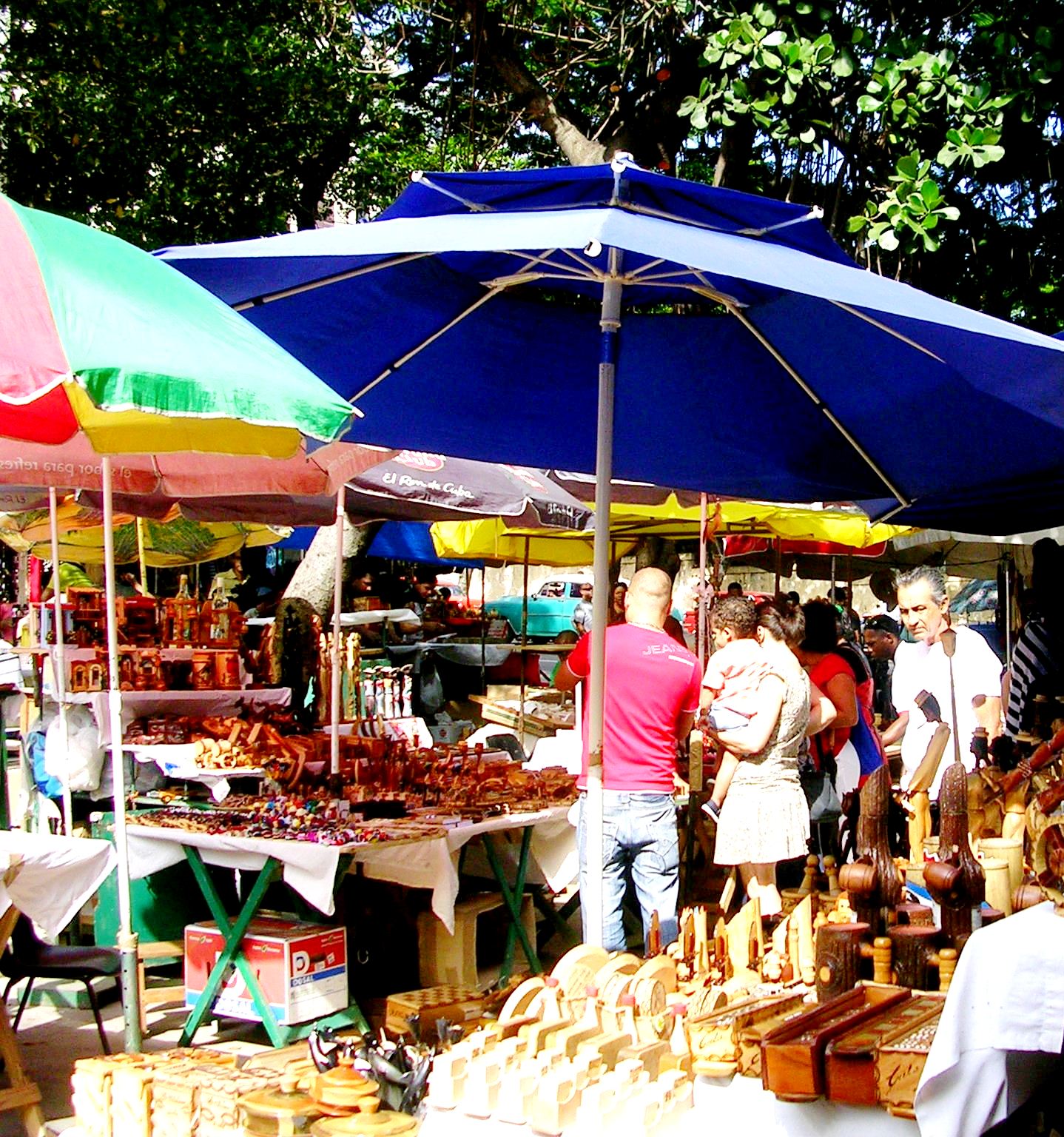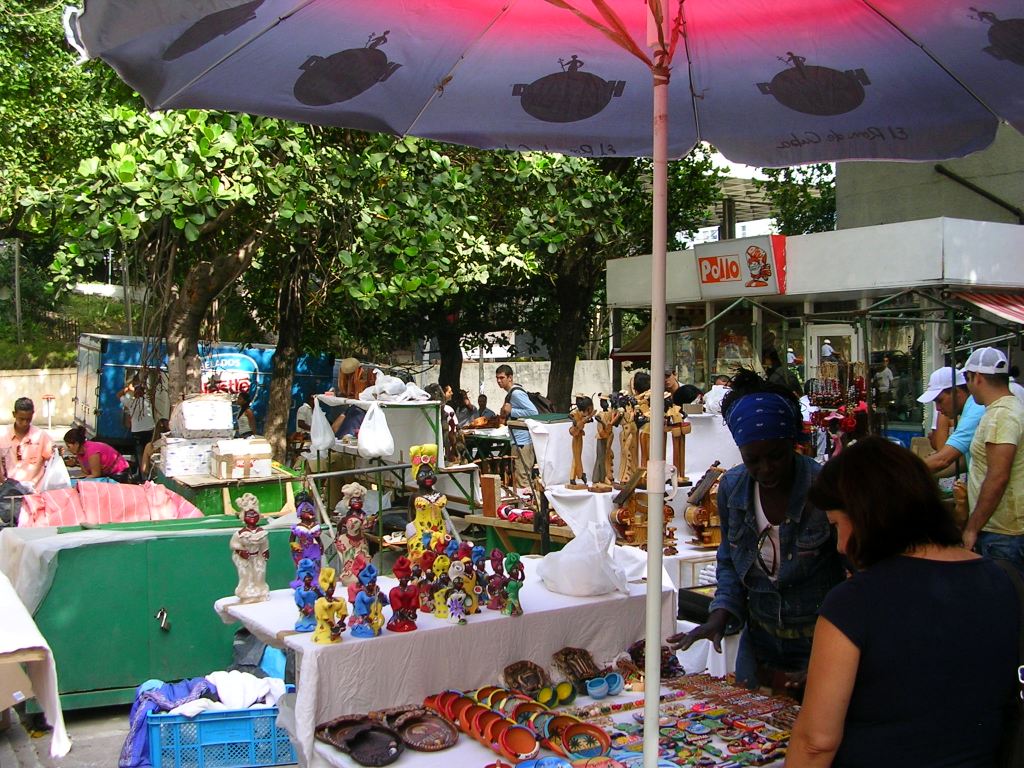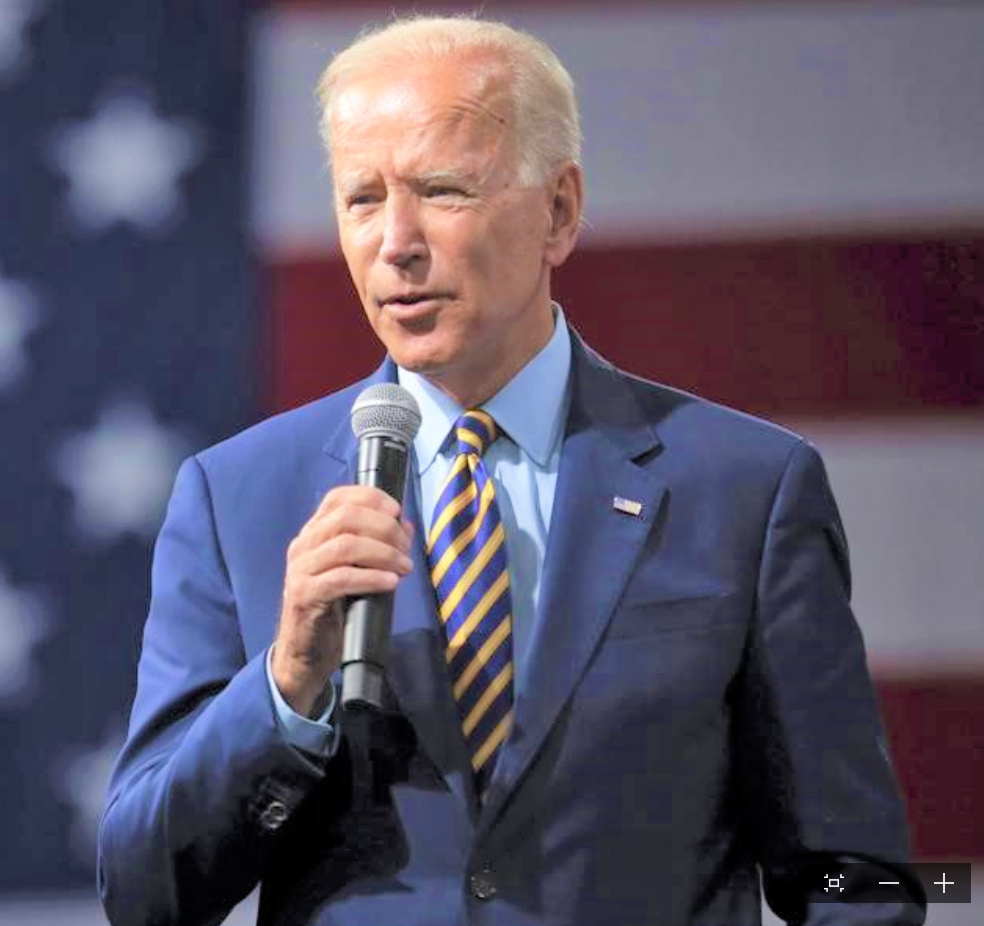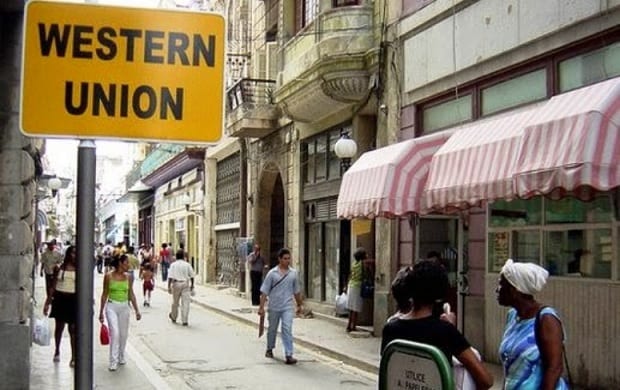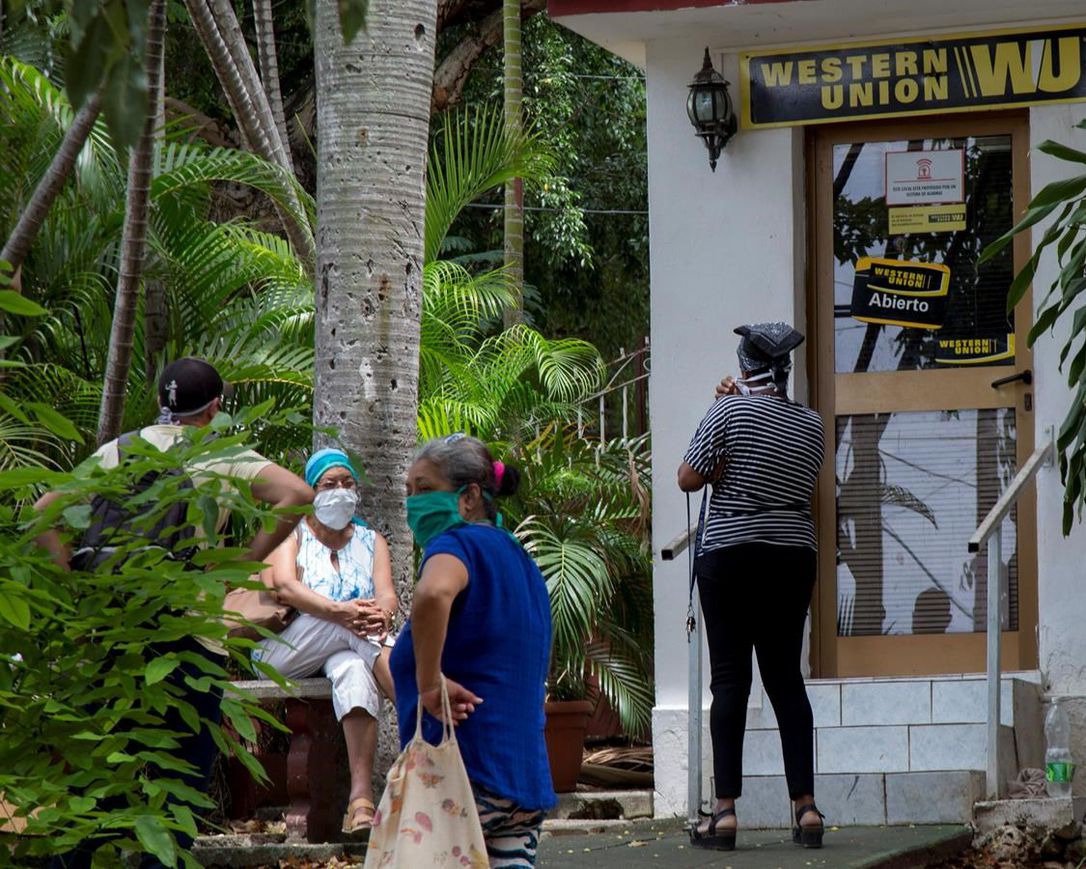| Ricardo Herrero <ricardo.herrero@cubastudygroup.org> Cuba Review, 2021-01-19 Original Article: Trump Legacy for Cuba In 11th hour move, U.S. State Secretary Pompeo returns Cuba to State Sponsors of Terrorism List |
|
As anticipated for months, “the State
Department designated Cuba a state sponsor of terrorism on [January 11] in
a last-minute foreign policy stroke that will complicate the incoming Biden
administration’s plans to restore friendlier relations with Havana. In
a statement, Secretary of State Mike Pompeo cited Cuba’s hosting of 10
Colombian rebel leaders, along with a handful of American fugitives wanted
for crimes committed in the 1970s, and Cuba’s support for the authoritarian
leader of Venezuela, Nicolás Maduro. Mr. Pompeo said the action sent the
message that ‘the Castro regime must end its support for international
terrorism and subversion of U.S. justice.’ The action, announced with
just days remaining in the Trump administration, reverses a step taken in
2015 after President Barack Obama restored diplomatic relations with Cuba,
calling its decades of political and economic isolation a relic of the Cold
War.” (The New York Times, January 11, 2020) “The inclusion of Cuba on the blacklist alongside North Korea, Syria and Iran is the culmination of the ‘maximum pressure’ campaign launched by the Trump administration to punish the Cuban government for its support of Venezuelan leader Nicolás Maduro and to dismantle the engagement policies of former President Barack Obama.” (Miami Herald, January 11, 2021) “[The] reaction in Havana was swift and vociferous. The Cuban government accused Washington of hypocrisy, and called the label an act of ‘political opportunism’ by President Trump to obstruct relations between Cuba and the incoming administration of President-elect Joseph R. Biden Jr. Beyond indignation, though, Cubans are ready to move on, a sentiment underlined by their president, Miguel Díaz-Canel Bermúdez, who tweeted on Tuesday that the American decision had been made in ‘the death throes of a failed and corrupt administration.’” (The New York Times, January 12, 2021) Norwegian Ministry of Foreign Affairs: “If a country risks being placed on a terrorism list as a result of facilitating peace efforts, it could set a negative precedent for international peace efforts.”: ‘The Trump administration’s decision to include Cuba on the State Sponsors of Terrorism List is regrettable. Placing Cuba on the list will make it difficult to normalise relations between the US and Cuba, and will impede efforts to promote positive change and development in Cuba,’ said [Norway’s] Minister of Foreign Affairs Ine Eriksen Søreide. ‘We note that one of the reasons given for placing Cuba on the list is that the negotiating delegation from the Colombian guerrilla movement National Liberation Army (ELN) has remained in Cuba after peace negotiations between the ELN and the Colombian Government broke down in January 2019. Cuba has been Norway’s partner in the Colombian peace process. It is unreasonable that the outgoing US administration holds the Cuban government responsible for the delegation not being able to leave Cuba. If a country risks being placed on a terrorism list as a result of facilitating peace efforts, it could set a negative precedent for international peace efforts,’ said Ms Eriksen Søreide.” [Norway Ministry of Foreign Affairs Press Release, January 13, 2021) OUR TAKE: “There is no compelling, factual basis to merit the designation. Instead it appears to be another shameless, last-ditch effort to hamstring the foreign policy of the incoming Biden administration and set the stage for the next election in Florida, all at the expense of the Cuban people and relations between our countries…It can take months for the incoming Biden administration to reverse this measure, as the State Department must first order a review of the designation and then submit a report to the U.S. Congress justifying a decision to rescind at least 45 days before the rescission would take effect. We call on the Biden administration to order an apolitical review of this designation immediately upon taking office, and reverse all executive orders imposed by the Trump administration that have pointlessly inflicted immeasurable harm to the Cuban people over the past four years.” Read the Cuba Study Group’s full statement here. “The designation could also limit the range of exports from the U.S. to Cuba, including software and technology and other items for the support of the Cuban people, said Ric Herrero, executive director of the Cuba Study Group. In addition, it triggers a Florida state law prohibiting state universities from using state funds for travel or research activities in blacklisted countries.” (Miami Herald, January 11, 2021) “Contrary to what Trump and his advisers declare, not only the business network ‘controlled by the military’ will suffer the effects: ‘One of the new restrictions resulting from this designation is related to the export of software and technology from the United States to Cuba even its private sector, which largely prefers American over Chinese. This is no way to support tech entrepreneurs (or our national security),’ tweeted the executive director of the Cuba Study Group, Ricardo Herrero.” (El Toque, January 12, 2021) “While [the designation] can be reversed, it could nonetheless spell further economic trouble for the island, which is already suffering its worst economic contraction since the fall of the Soviet Union. ‘Transactions with the Republic of Cuba would have an increase in scrutiny, resulting in fewer governments and companies wanting to engage with it,’ said John Kavulich, president of the U.S.-Cuba Trade and Economic Council, a New York-based nonpartisan organization. Although the measure does not entail more economic sanctions, the announcement may further reduce foreign investment on the island, as most companies prefer to avoid possible fines or the legal costs of doing business in blacklisted countries. Kavulich said insurance companies could either suspend coverage of transactions and operations of ships and aircraft going to Cuba, or increase prices.” (Miami Herald, January 11, 2021) Days later, the Trump administration also sanctioned Cuba’s Ministry of the Interior (MININT) and its minister General Álvarez Casas: “The Trump administration sanctioned Cuba’s interior minister and the agency overseeing the island’s state security apparatus Friday in a final push to punish the island’s government before leaving office. The U.S. Treasury Department accused Brigadier General Lázaro Alberto Álvarez Casas of ‘serious human rights abuses’ in making the designation. Also sanctioned is the Ministry of the Interior, which oversees the prison system, police and state security agency…The Treasury Department sanction freezes any U.S. assets. The list includes individuals and companies sanctioned for drug trafficking, terrorism, human rights violations, and other crimes. Companies or individuals under U.S. jurisdiction cannot engage in transactions with those blacklisted. The U.S. government…castigated the Cuban minister under the Global Magnitsky Human Rights Accountability Act, which carries similar implications.Pompeo accused Álvarez Casas of being ‘an accomplice in harassing and monitoring journalists, dissidents, activists, and members of civil society groups, including more recently members of the San Isidro Movement.’…The new sanctions could hamper future cooperation between U.S. federal agencies and MININT, which also includes a Cuban Coast Guard branch. In 2016, during a brief thaw in relations under then-President Barack Obama, a MININT delegation visited U.S. military installations in Key West.” (Miami Herald, January 15, 2021) Biden transition team has “taken note of these last minute maneuvers”: “An official with Biden’s transition team said the incoming administration has ‘taken note of these last minute maneuvers…The transition team is reviewing each one, and the incoming administration will render a verdict based exclusively on one criterion: the national interest,’ said the official, speaking on condition of anonymity because he was not authorized to discuss internal deliberations on the matter. The incoming president is widely expected to restore at least some of Obama’s opening with Cuba. While it can be reversed, it could nonetheless spell further economic trouble for the island, which is already suffering its worst economic contraction since the fall of the Soviet Union.” (Miami Herald, January 11, 2021 |
| For the Cuban people, January 20th can’t come soon enough |
|
“Though Mr. Trump’s company had been
looking into investing in Cuba shortly before he took office, as president
he has hit the Communist-ruled island with the harshest sanctions in more
than a half-century. American cruise ships were
prohibited from docking on the island, remittances from the United States
were banned and tankers carrying oil from Venezuela were prevented from
arriving with their cargo. ‘The only thing left is diplomatic relations,’
[Ted Henken of Baruch College] said. ‘We still do officially have diplomatic
relations with Cuba, even though they are on ice in actual practice.’ These
efforts by the Trump administration to reverse the Obama initiatives have
set back the development of the private sector in Cuba and short-circuited
efforts by American businesses that had tried to build relations based on
the Obama détente, he said.” (The New York Times, January 12, 2021) “Mr. Trump’s hard-line approach to the Cuban leadership has led to an array of restrictions on tourism, visas, remittances, investments and commerce, which have worsened an already poor economy. The pandemic has compounded the problems, in large part by bringing tourism, a major source of foreign currency, to a grinding halt. Facing profound shortages of necessities like medicine and food, Cubans have been forced to stand in lines for hours in the hope of getting their hands on the meager stocks that exist. Supplies have gotten so thin that the government made it illegal for people to buy rice beyond their government-restricted monthly allotments. “Amid this hardship, many in Cuba are hoping that Mr. Biden will shift American policy in ways that might ease the economic duress. The president-elect has said little publicly about his policy goals for Cuba, though during the campaign he attacked Mr. Trump’s approach to Havana, saying, ‘Cuba is no closer to freedom and democracy today than it was four years ago.’ And Mr. Biden’s advisers have allowed that a normalization of relations with Cuba — essentially a return to the Obama-era détente — was the best strategy for effecting positive change.” (The New York Times, January 12, 2021) “For the Cuban government and its people, the change in American presidential administrations can’t come soon enough...Mr. Díaz-Canel has been mostly silent, at least publicly, on the potential for a thaw after Mr. Biden takes office. But on Nov. 8, he acknowledged Mr. Biden’s victory with a suggestion of hope, writing on Twitter: ‘We recognize that the US people have chosen a new direction in the presidential elections. We believe in the possibility of having a constructive bilateral relation while respecting our differences.’” (The New York Times, January 12, 2021) |


